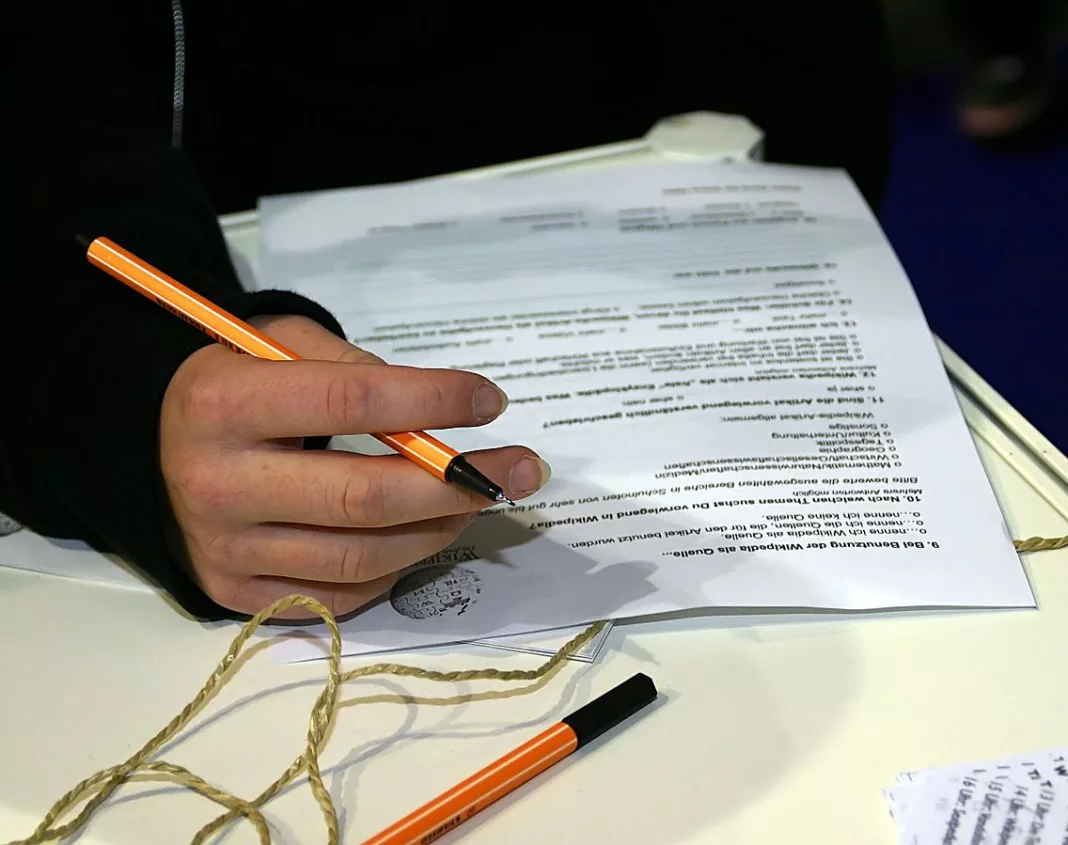It is very easy to extrapolate from the ‘bubbles’ that we live in and assume that most of society thinks just like the people around you. We can mislead ourselves into believing we are witnessing objective reality from our subjective points of view. I have often thought about how I form my understanding of public opinion and sentiment in the two countries I have called home: the UK and Bahrain. Often, my understanding conforms with that of my friends and network. For example, my impression for a long time was that Rishi Sunak’s persona appeals less to the British public than the dry wit and humour of Boris Johnson. That may be stemming from the views of some of my British peers. Some of my other ‘international’ friends disagree, as they think the British public may respond better to the coherent and slick nature of Mr. Sunak. Still, all of us are basing our opinions on our impressions of our differing British friends.
Similarly, back in Bahrain, I have often thought that the public responds well to cosmopolitan parliamentarians, but other friends believe that the politicians that are divisive are actually more popular. Again, we are basing our conceptions off our own individual social circles, and perhaps the comments and engagement we witness on our social media feeds.
This habit is clearly flawed, given one of the best ways of exploring public opinion is through science. Surveys and polls that ground themselves in the scientific method paint a different picture of society that is often overlooked by the general public. However, it is much easier to form our perspective from the experiences and opinions of our network, than it is to research the findings of surveys that we deem credible.
Perhaps that is the problem: is trust in surveys low? Does the criticism of survey sampling methods and analytical models confuse us to think they are less credible than anecdotal evidence? I am not sure, but Pew Research Center asked that very same question: can we still trust polls? For good reason, they concluded yes, but they did acknowledge that polls have rightly come under scrutiny for having failed to predict the results of the consequential in the 2016 US Presidential Election and ‘Brexit’ Referendum.
With that said, the onus of popularizing surveys does not fall only on us, the consumers; it also falls on the producers of these surveys. Apart from a few well-known companies, such as YouGov, most polling organizations do not regularly release the results of their surveys to the general public. They are hidden behind pay walls and are often only accessed through contracts with those with heavy pockets.
It is about time for open survey results to become the norm. At the very least, if detailed analysis is deemed too valuable and time-consuming to share for free, then high-level summaries of the findings would be a step in the right direction.
Data points have social value, and though comparisons have been made between data with other valuable materials such gold and oil, the latter should not be treated as a commodity. Just like the landowners above oil wells received their share of the profits globally, the owners of datums should be able to extract value from the information gathered about them. That value could lie in the social good produced from data analysis. If shared appropriately, the ‘bubbles’ we find ourselves constrained within may well burst.
Moreover, given their social value, why are governments not doing more to improve access to survey data? Through financing via grants, and marketing via government open data portals, governments can play an integral part in providing clarity over the sentiments and opinions of the population on various issues. Furthermore, International organizations, could use their immense leverage over governments on matters of credibility and governance, to incentivize survey provision by ranking countries based on the availability of public opinion survey results.
Perhaps the easiest solution to implement is for media organizations, the most accessible distributors of information, to commission surveys more regularly, and to purchase distribution rights from scientific papers and polling organizations. Understandably, the media tends to ‘self-censor’ when it comes to technical readings, as graphs or numbers may scare away readers, or bore them to another subscription. That is understandable, but if these media companies do not take a bet on even trying to pierce the bubbles each and every one of us exists within, then the future of surveys is insecure and our ability to garner more represnative data will remain limited.
Individuals, governments, and companies can play their part to ensure our societies understand the distribution of opinions across the communities they care about and are part of. It is essential we are aware of the of the diversity around us; surveys help us do just that.


